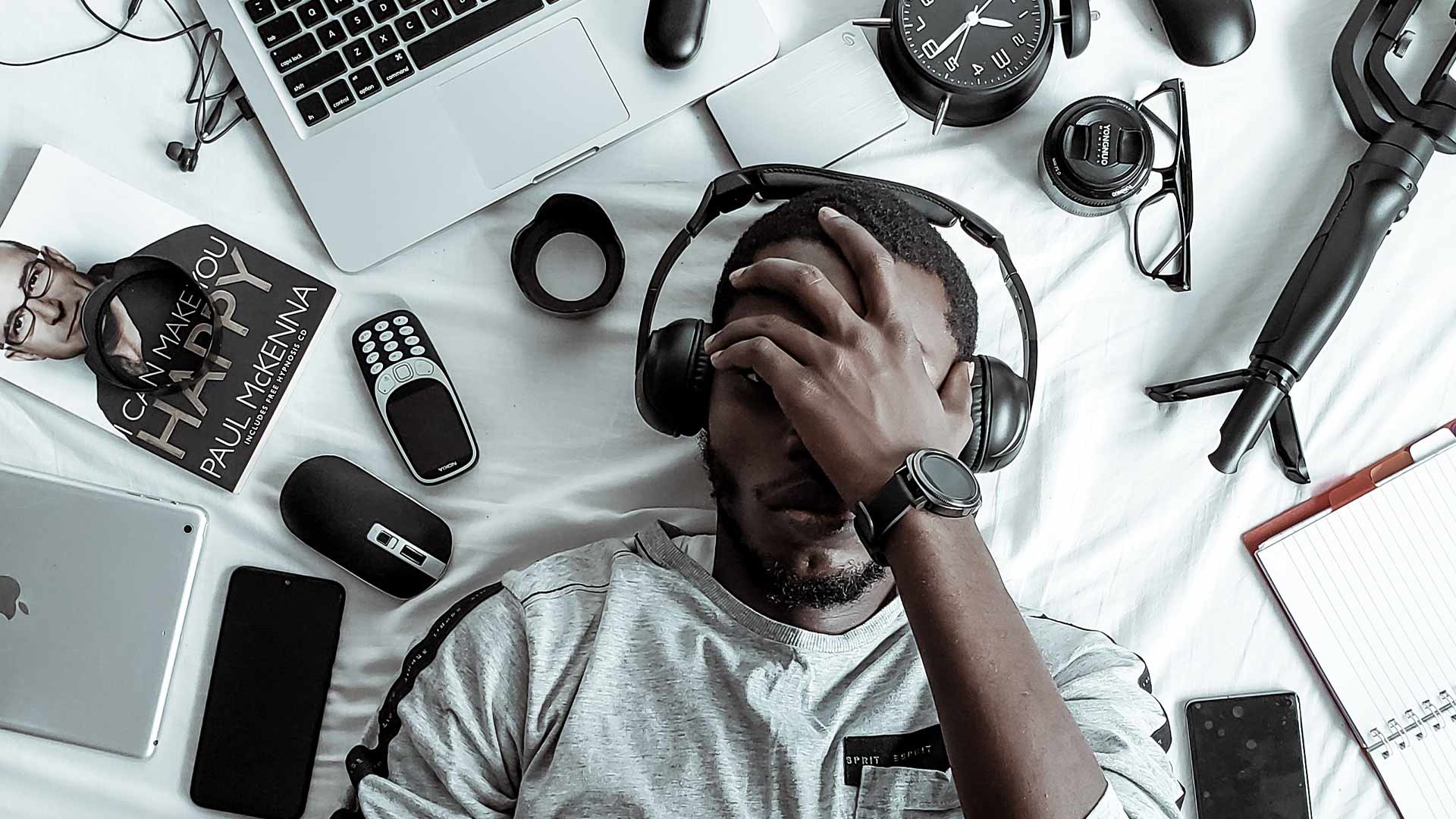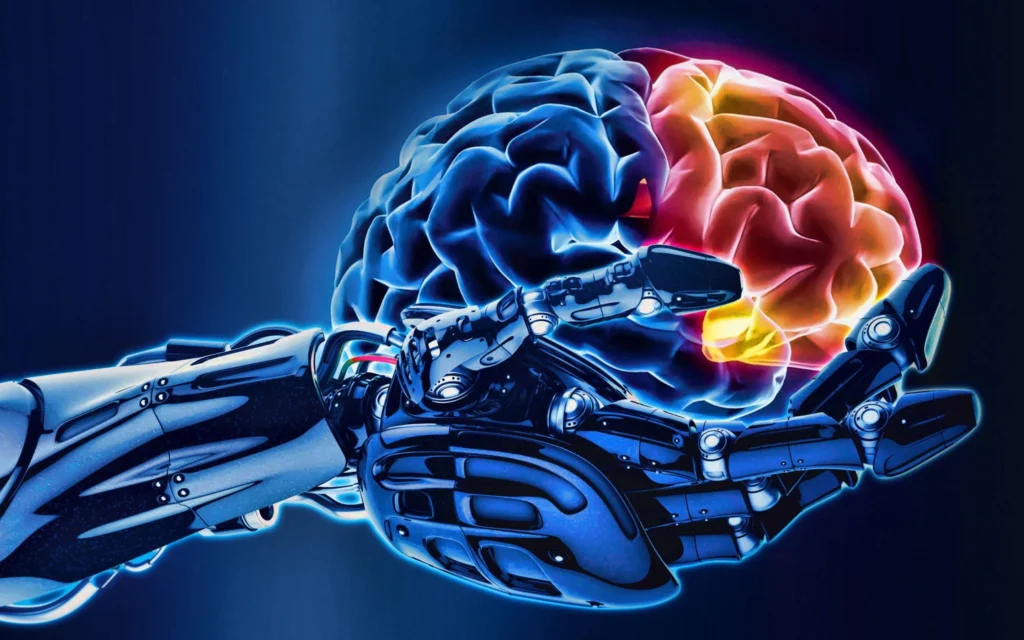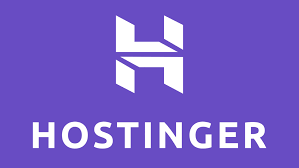
Technology and Mental Health has become an essential part of our lives, and its impact on our mental health is undeniable. From smartphones to social media, the way we interact, communicate, and live has changed. However, the effect of technology on mental health can be both positive and negative. Let’s understand how technology affects our well-being and how we can make it work for us, not against us.
Positive Impact of Technology on Mental Health
Increased Access to Mental Health Resources
- Technology has made mental health support more accessible than ever before. There are many apps and online platforms that provide therapy, counseling, and mindfulness practices. Apps like Headspace and Calm help users manage stress and anxiety through guided meditation and breathing exercises. Online therapy platforms like BetterHelp and Talkspace also make it possible for people to receive professional counseling from the comfort of their homes.
Supportive Online Communities
- Online communities can offer support and comfort to individuals who may feel isolated or unable to express their emotions in real life. Social media platforms, forums, and mental health websites have created spaces where people can share their experiences and support each other. This sense of community can play an important role in helping individuals deal with issues like depression, anxiety, or grief.
Increased Mental Health Awareness
- Technology has helped raise awareness about mental health issues. Social media, blogs, and videos encourage open conversations and help reduce the stigma associated with mental health. Many influencers and celebrities use these platforms to share their struggles, helping others understand that they are not alone in facing mental health challenges.
Negative Impact of Technology on Mental Health:
Social Media and Anxiety
- While social media can provide support, it can also be a major source of anxiety. The constant pressure to maintain a perfect online image and the fear of missing out (FOMO) can lead to feelings of inadequacy and low self-esteem. Studies have shown that excessive social media use is linked to increased levels of anxiety and depression, especially among teenagers and young adults.
Sleep Disruption:
- Technology can interfere with our sleep patterns. The blue light emitted by screens can disrupt our circadian rhythm, making it difficult to fall asleep. This lack of sleep can significantly impact mental health, leading to stress, irritability, and cognitive issues. It’s important to set boundaries and limit screen time before bed to ensure a good night’s sleep.
Addiction and Isolation:
- Technology addiction is becoming a growing concern. Many people find themselves glued to their screens, neglecting face-to-face interactions and socializing. This overreliance on technology can lead to feelings of loneliness and isolation, which can negatively impact mental health. The key to avoiding this trap is to use technology mindfully and make time for in-person interactions.
Balancing Technology and Mental Health:
Practice Digital Detox:
- One of the best ways to balance technology and mental health is to practice digital detox. Set aside some time each day to disconnect from devices. Whether it’s an hour of reading, going for a walk, or spending time with loved ones, taking a break from screens can significantly improve mental well-being.
Set Boundaries for Screen Time:
- Setting boundaries for screen time is crucial. Designate no-phone zones, like during meals or in the bedroom, to minimize the negative impact of technology on mental health. Use features on devices that track and limit time spent on apps, especially social media, to ensure you’re not spending excessive hours online.
Use Technology for Mindfulness:
- Technology doesn’t have to be the enemy. Use it to improve your mental health by downloading mindfulness or mental health apps that promote relaxation and self-awareness. Incorporating these into your daily routine can help you stay grounded and mentally healthy.






